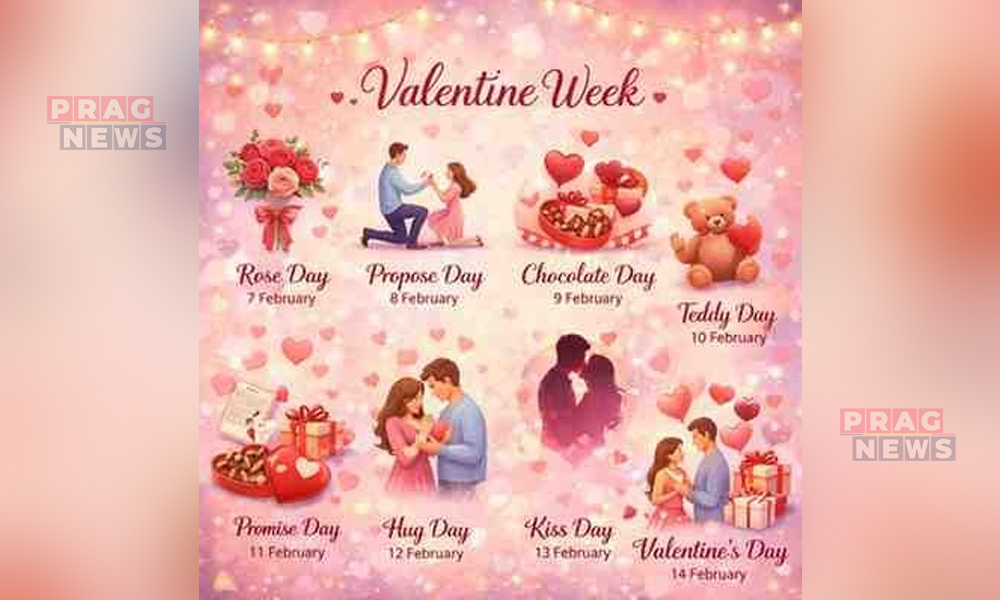In music therapy, trained therapists use a person’s emotional and physical responses to music to encourage positive mental changes
Digital Desk: Music has a powerful impact on the human mind. Different styles of music can quickly influence a person’s mood, helping them process a range of emotions, from joy and excitement to calmness, sadness, and reflection. Even though the passive experience of listening to music has these advantages it is equally true that the active experience of creating music can be as therapeutic. These attributes are used in music therapy to enhance mental health, and are an alternative or complement to other therapies such as counseling or cognitive behavioral therapy (CBT).
In music therapy, trained therapists use a person’s emotional and physical responses to music to encourage positive mental changes. Sessions may involve listening to music, playing instruments, singing, or even moving to rhythms. This is an interactive process and assists in enhancing confidence, communication, concentration, self-awareness, and expression of emotions.
Improvisation is often a key element, where individuals create music spontaneously to reflect emotions or themes, such as mimicking a storm using drums and rainsticks. The influence of music on the brain is complicated- the different areas handle pitch, rhythm, and emotional tone, and the reward center of the brain can react to strong music with strong physical reactions such as goose bumps.
The roots of music therapy date back to ancient civilizations, but it became formally recognized after World War II. It has since become a recognised treatment in the world. In addition to emotional support, music therapy enhances memory, coordination, academic functioning and exposes people to other cultures and history.
Unlike traditional talk therapy, music provides a creative outlet for self-expression. Tools like lyric analysis help individuals explore and express difficult emotions, sometimes more easily than words alone.
Though it is not a medicine, music therapy is efficient in reducing anxiety, depression, and other symptoms, and enhancing self-esteem and personal development, as well as emotional strength.


















